Standing Committee member of the City Party Committee, Chairwoman of the Vietnam Fatherland Front Committee of Hanoi City Nguyen Lan Huong and Vice Chairman of the Vietnam Fatherland Front Committee of Hanoi City Nguyen Anh Tuan chaired the conference.

Deputy Director of the Hanoi Department of Science and Technology Phan Van Phuc said that according to the Law on Technology Transfer 2017, the Technology Exchange (abbreviated as the Exchange) is a place to carry out activities of introducing, offering, buying, selling, transferring, and leasing technology; at the same time providing intermediary services such as consulting, appraisal, valuation, technology review and legal advice.
Hanoi is currently the largest science and technology center in the country. The investment in the Floor has been of interest to the city for many years, however, this model needs to be researched, supplemented and adjusted to suit the development trend and practical requirements.

The construction of the Project "Establishing Hanoi Technology Exchange" (adjusting Project 1442) aims at a technology exchange with a suitable, flexible organizational model, quickly adapting to the market; applying modern, smart digital technology solutions such as: Artificial Intelligence, Big Data... to operate the Exchange. At the same time, the Exchange also needs to have new, specific policy mechanisms to support and promote relevant parties to participate and operate effectively on the Exchange.
The opposing opinions at the conference completely agreed with the necessity of issuing a Resolution approving the Project "Establishing Hanoi Technology Exchange", but also analyzed many aspects.

Dr. Nguyen Tien Dinh, former Deputy Minister of Home Affairs, proposed that the Project clarify the City People's Committee's investment in infrastructure and technical facilities of the Exchange and their ownership. When establishing the Exchange and implementing the model of "Public investment, private management", operating as a joint stock company, the state agency is the City People's Committee (represented by the Department of Science and Technology) as a shareholder of the company, participating in the Board of Directors, will the invested assets be calculated into value and contributed as shares to the company? On the other hand, how is the capital of the facilities invested and owned by the State preserved? When they are degraded, will the State invest in repairing and upgrading them?

Meanwhile, Dr. Le Van Hoat, former Vice Chairman of the City People's Council, Vice Chairman of the Democracy - Law Advisory Council (Vietnam Fatherland Front Committee of Hanoi City) commented that in the organizational structure section, the shareholders of Hanoi Technology Exchange Joint Stock Company are: State (represented by the Department of Science and Technology); private sector; investment funds..., but in the capital source section, it is stated: "In addition to the main private shareholder, shareholders who are investment funds, research and development organizations and the State (Hanoi City People's Committee) can be invited if necessary". Thus, state capital is not required (?), but in the section on signing the O&M contract (business - management contract), it is stated: The steps to be carried out according to the Law on Investment under the public-private partnership method and related legal documents. This shows that the regulations are inconsistent.
With 11 opinions at the conference, Deputy Director of the Department of Science and Technology of Hanoi City Phan Van Phuc received and explained further.
Concluding the conference, Chairwoman of the Vietnam Fatherland Front Committee of Hanoi City Nguyen Lan Huong highly appreciated the comments of experts and scientists; at the same time, she said that she would filter the contents to synthesize and concretize the contributions to the draft Resolution.
According to comrade Nguyen Lan Huong, the Project needs to clarify regulations on control, tracing, and monitoring of public assets put on the stock exchange, ensuring against loss, waste, and negativity, while at the same time, strengthening coordination between relevant departments, branches, and sectors to ensure that capital is used effectively, for the right purposes, and without overlap.
In addition, the Exchange needs to update development trends and international integration; have a mechanism for linking and cooperating with domestic and foreign technology exchanges; and at the same time, there needs to be a difference so that the Exchange can operate in accordance with the characteristics of Hanoi and the current development trend.
Regarding the supervisory role of the Vietnam Fatherland Front and socio-political organizations, comrade Nguyen Lan Huong suggested that the Project should more clearly stipulate the supervisory mechanism so that the Vietnam Fatherland Front can participate in the operation of the Exchange, contributing to the sustainable development of the Exchange and contributing to the overall development of the Capital.
Source: https://hanoimoi.vn/chuyen-gia-gop-y-ve-co-che-so-huu-quan-tri-va-von-dau-tu-cho-san-giao-dich-cong-nghe-ha-noi-709484.html


![[Photo] Da Nang residents "hunt for photos" of big waves at the mouth of the Han River](https://vphoto.vietnam.vn/thumb/1200x675/vietnam/resource/IMAGE/2025/10/21/1761043632309_ndo_br_11-jpg.webp)
![[Photo] Prime Minister Pham Minh Chinh meets with Speaker of the Hungarian National Assembly Kover Laszlo](https://vphoto.vietnam.vn/thumb/1200x675/vietnam/resource/IMAGE/2025/10/20/1760970413415_dsc-8111-jpg.webp)


![[Photo] Prime Minister Pham Minh Chinh received Mr. Yamamoto Ichita, Governor of Gunma Province (Japan)](https://vphoto.vietnam.vn/thumb/1200x675/vietnam/resource/IMAGE/2025/10/21/1761032833411_dsc-8867-jpg.webp)

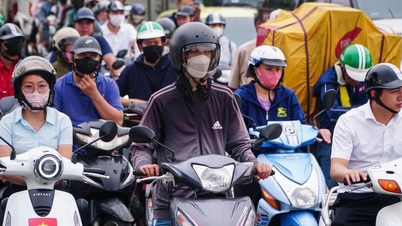

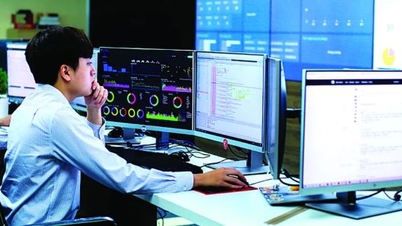



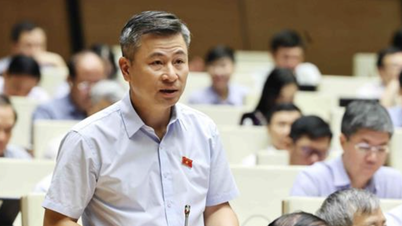

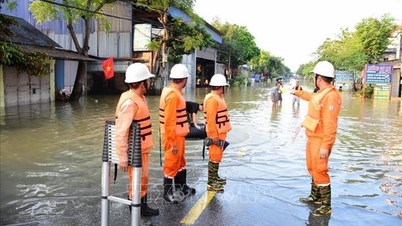



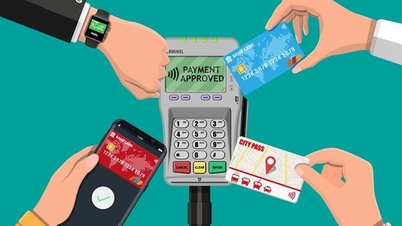



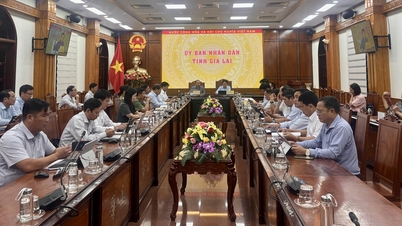

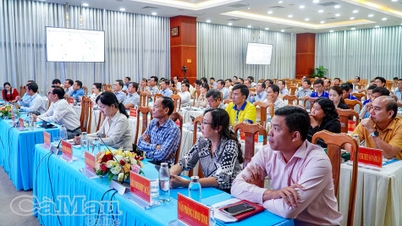


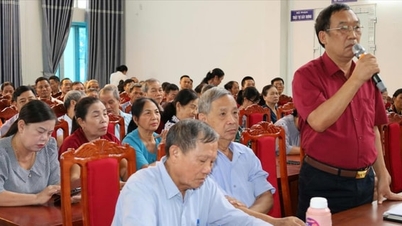




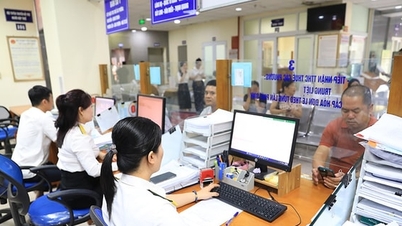
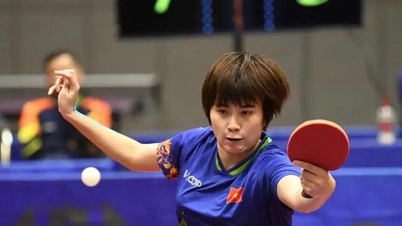
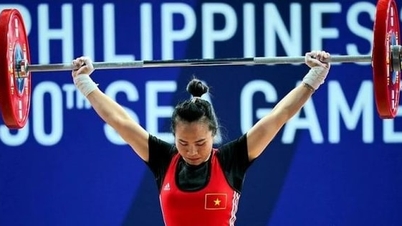
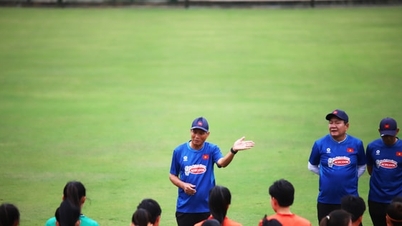
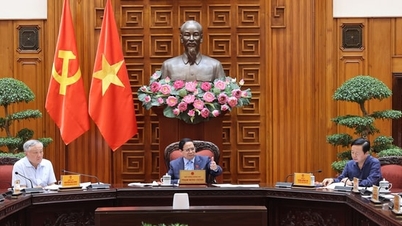
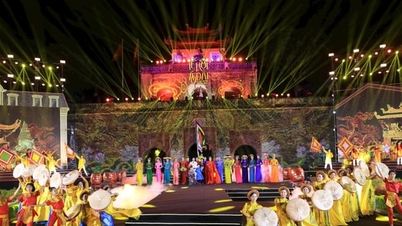






















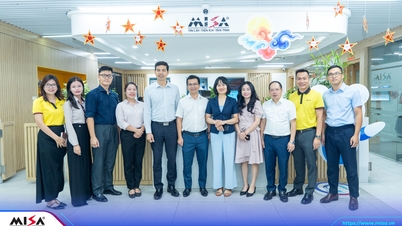













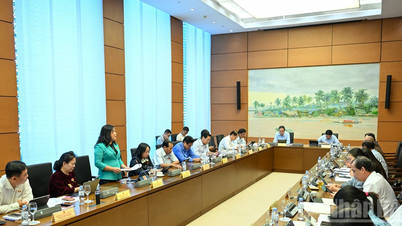
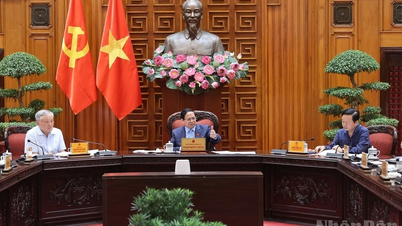
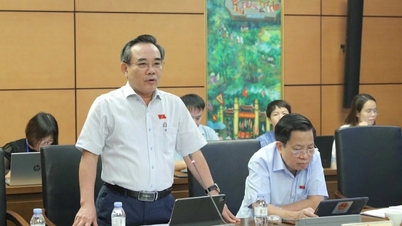
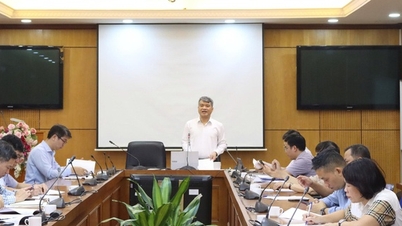
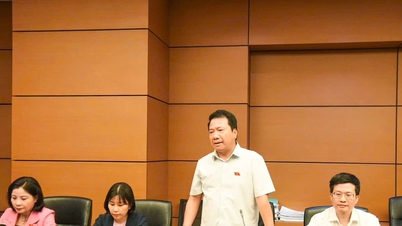

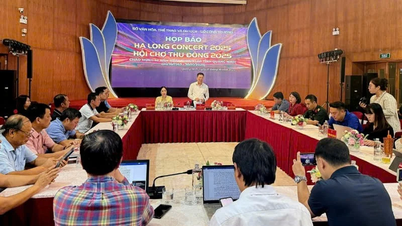
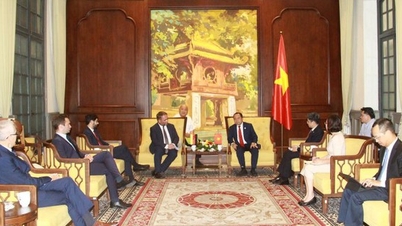

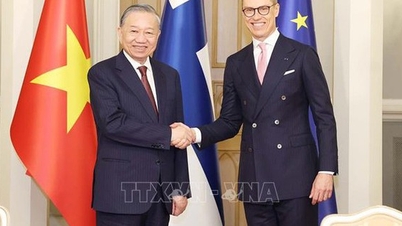
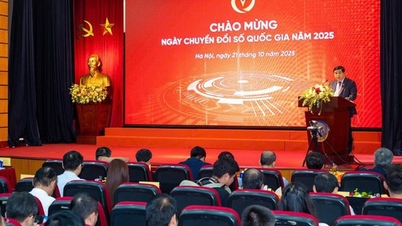


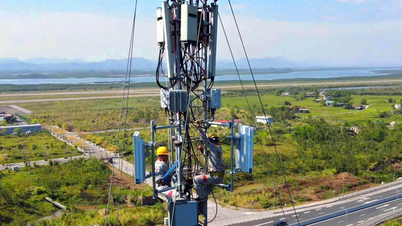
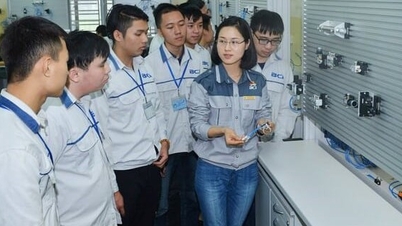
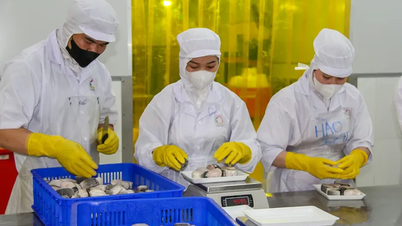

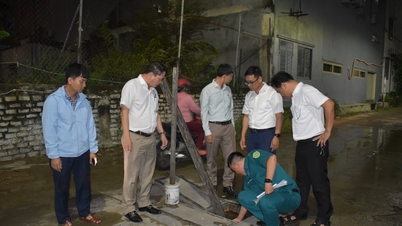

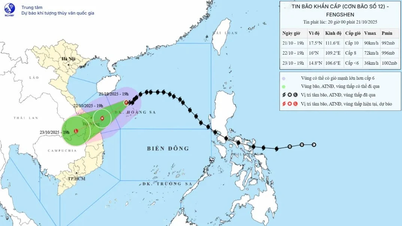

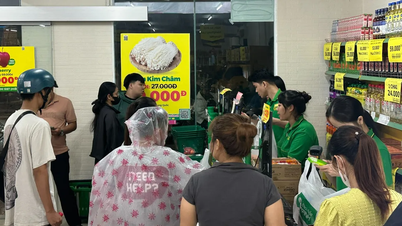

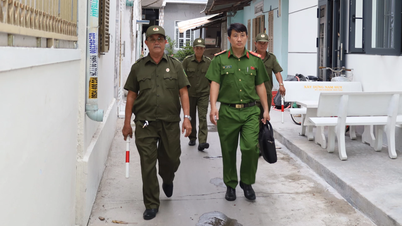













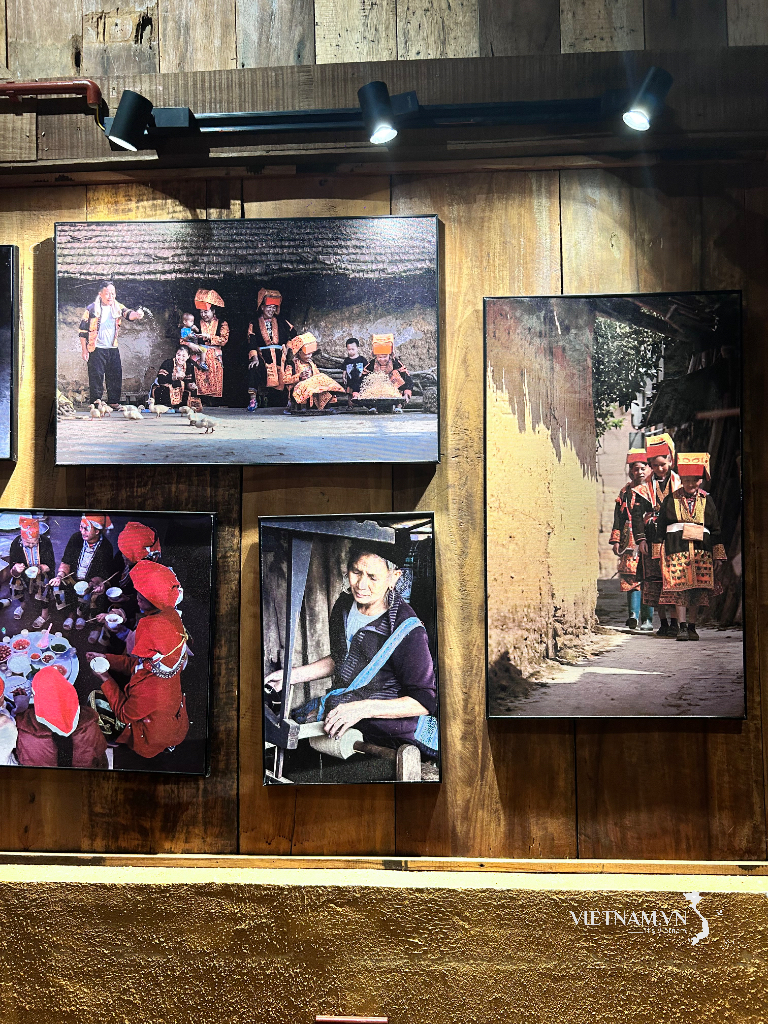
Comment (0)